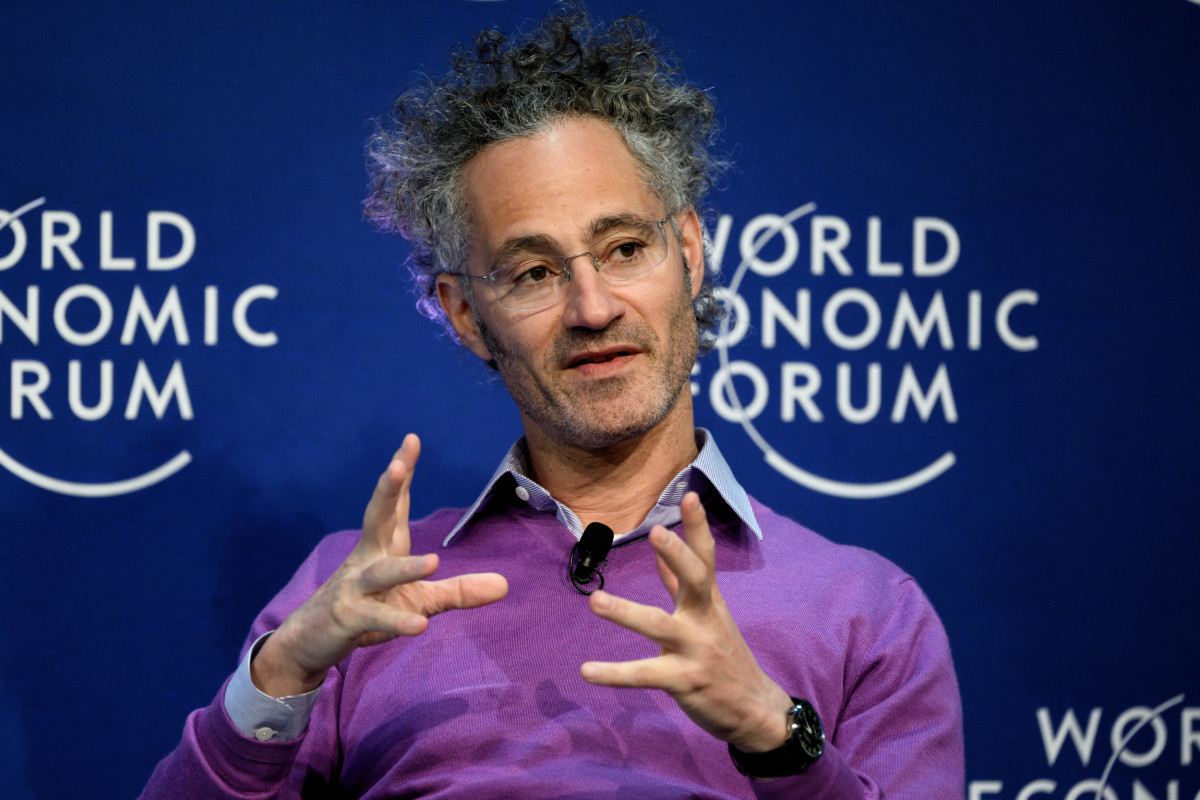Palantir CEO Karp just settled major debate
NeutralFinancial Markets

In his interview with Yahoo Finance, Palantir CEO Alex Karp highlighted the division within the AI market, stating that there are effectively two distinct segments. This perspective aligns with his previous assertions regarding the value of specialized knowledge over general expertise, as noted in a related article where he claimed that individuals with niche skills would earn significantly more than Ivy League graduates. Karp's insights not only clarify the current AI landscape but also underscore the importance of targeted expertise in the evolving job market.
— via World Pulse Now AI Editorial System

